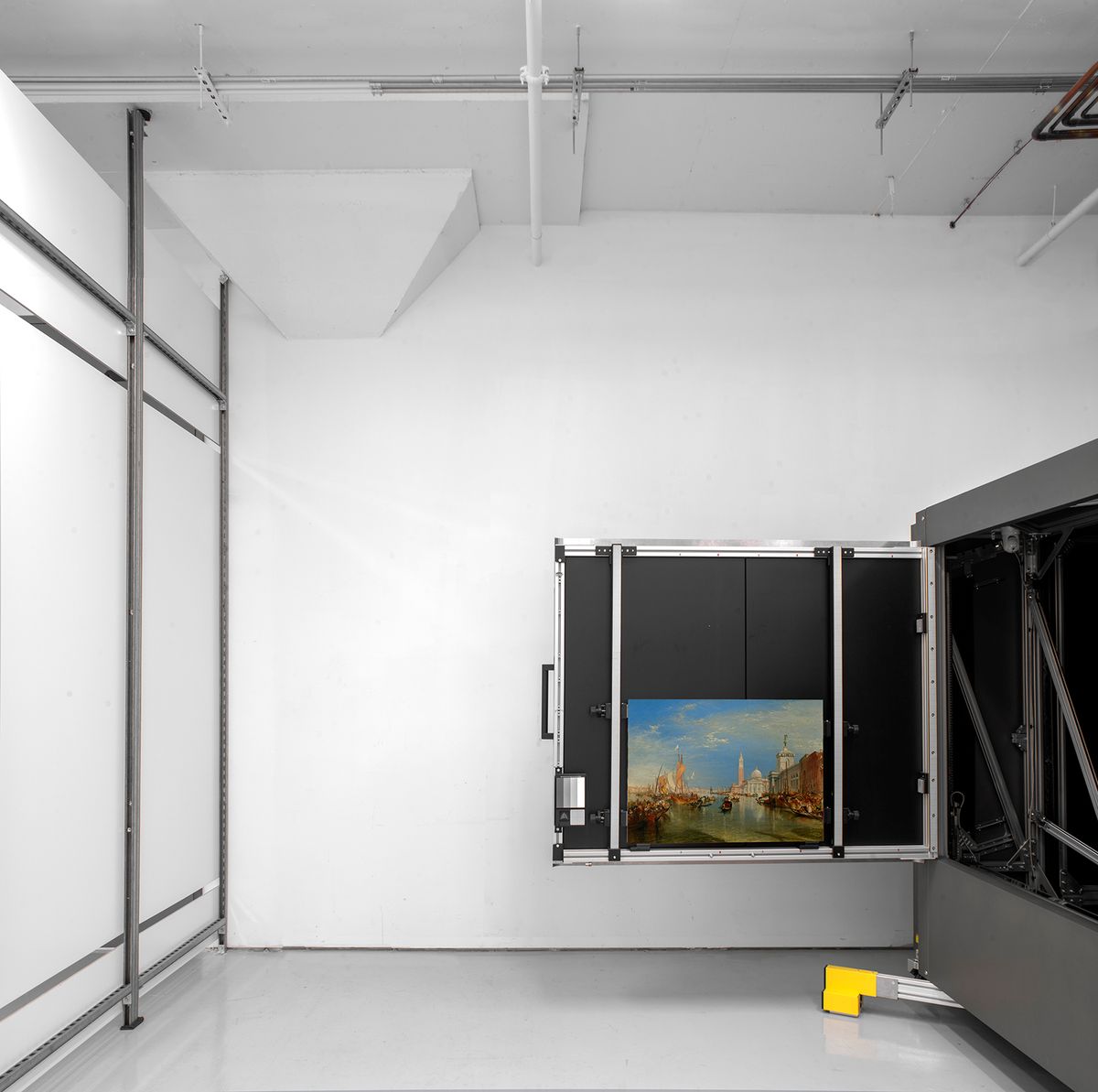There is no doubt that fine art handlers and shippers had a searing year in 2020. With virtually no art fairs and a severe drop in trade, companies were faced with a catastrophic drop in revenue. According to Simon Hornby, senior vice-president for western Europe for Crozier, at the worst point last year his firm was looking at an 80% drop in its shipping, handling and storage business.
However this has not prevented Crozier from continuing its acquisitions: having bought Christie’s storage facility in the London suburb of Park Royal in 2018, it has now bought Martinspeed, the London-based fine art shipping and logistics company which was established in 1975.
Storage of all kinds of objects, from physical ones to data, is a massive industry and Crozier itself was bought in 2015 by industry leader Iron Mountain, which reported $4.1bn in sales last year. Hornby says the fine art shipping and logistics sector is worth some $1.5bn a year today.
Crozier’s acquisition of Martinspeed continues consolidation in this industry, with concentration into bigger groups, for example Crozier, Chenue in France—which acquired Yves Bouvier’s Natural Le Coultre in 2017—and Hasenkamp in Germany.
The fine art logistics business is currently facing a number of challenges. They include the lack of availability of air freight (due to much-reduced flight schedules) and a resulting massive increase in costs; the industry’s desire to minimise the environmental impact of transport, plus a disruption of the normal cycle of trade circuits.
According to Hornby, some aspects of the pre-Covid art world will not come back: “Before the pandemic, a client might ask for a work of art to be expedited rapidly on the other side of the world to show to a buyer: that just isn’t going to happen anymore,” he says. Instead, technology will mean the work could remain in a warehouse in New York, the vendor in Switzerland and the buyer in Hong Kong, and the whole transaction completed via screens.
To this end, Crozier has also partnered with a Canadian company, Arius, to provide 3D colour laser scanning through a system that records millions of data points in a work of art and can produce incredibly detailed visualisations. It can be used to create condition reports or embedded in online viewing rooms…which, considering how art fairs are still being postponed, seem sure to be with us for some time.
In a further sign of consolidation in the field, UOVO, the New York-based art logistics and storage firm, has acquired the South Florida firm Museo Vault, gaining storage facilities in Palm Beach and Miami in the process. UOVO will also open a premises in Delaware later this year.


